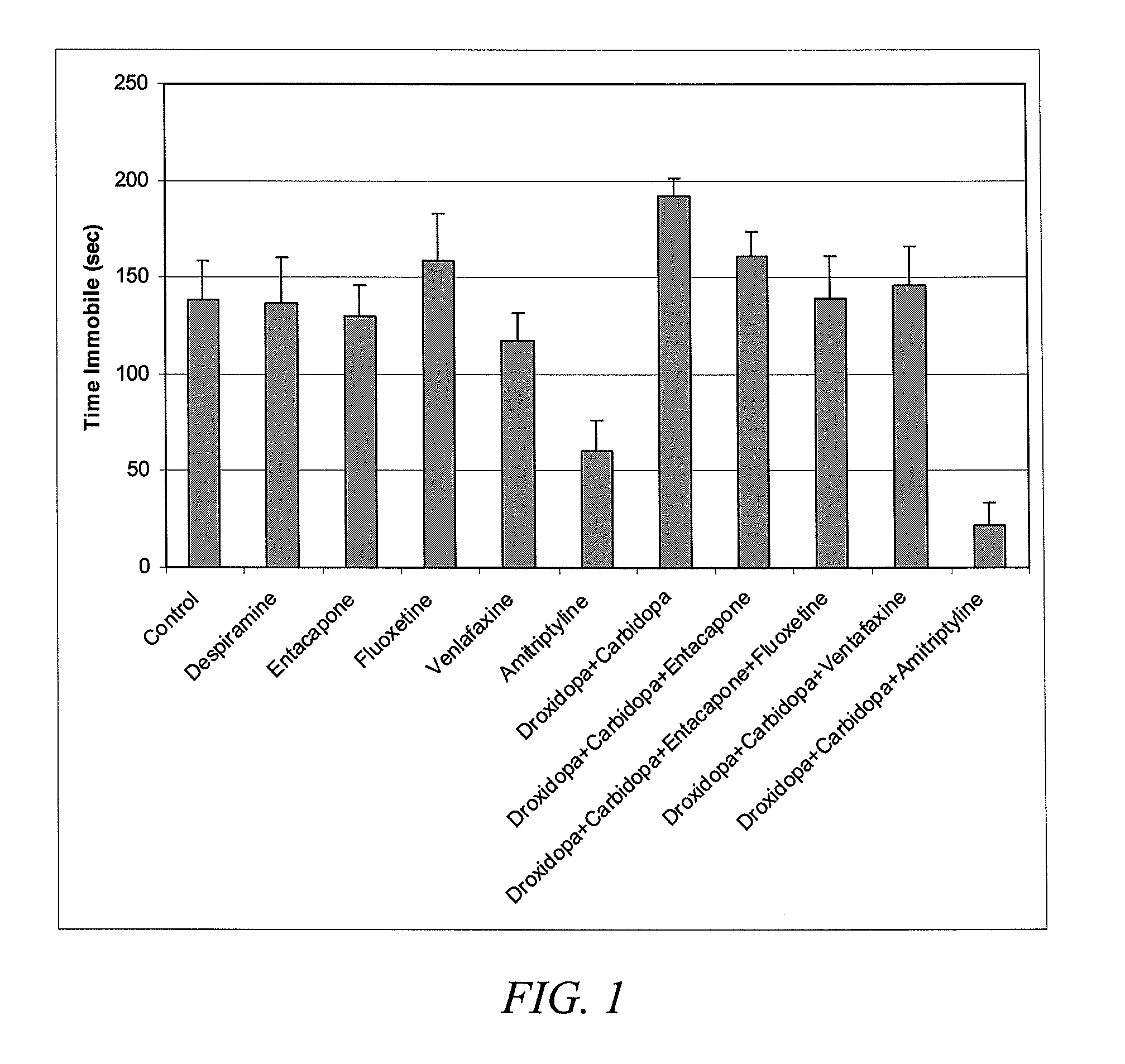Symptoms may include: persistent feelings of sadness; feeling hopeless or helpless; having low self-esteem; feeling inadequate; excessive guilt; feelings of wanting to die; loss of interest in usual activities or activities once enjoyed; difficulty with relationships; sleep disturbances; changes in
appetite or weight;
decreased energy; difficulty concentrating; a decrease in the ability to make decisions; suicidal thoughts or attempts; frequent physical complaints (i.e., headache,
stomach ache, fatigue); running away or threats of running away from home; hypersensitivity to failure or rejection; and
irritability, hostility, or aggression.
In
mood disorders, these feelings appear more intense than what a person may normally feel from time to time, and these feelings tend to continue over a period of time or interfere with an individual's interest in family, friends,
community, or work.
Moreover, all three classes of medications are known to cause varying, undesirable side effects.
Narcolepsy, in particular, is known to adversely affect an individual's ability to function in daily life.
At best, known medications reduce the symptoms, but do not eliminate them entirely.
Moreover, such pharmaceutical treatments often have undesirable side effects.
Idiopathic
insomnia is a long-term (often lifelong) inability to obtain adequate sleep that is presumably due to an
abnormality of the neurological control of the sleep-wake
system.
Over-the-counter sleep aids typically include antihistamines (e.g.,
diphenhydramine or doxylamine), which have the
side effect of causing sleepiness.
The three subtypes take into account that some patients with AD / HD have little or no trouble sitting still or inhibiting behavior, but may be predominantly inattentive and, as a result, have great difficulty getting or staying focused on a task or activity.
Others with AD / HD may be able to pay attention to a task but lose focus because they may be predominantly hyperactive-impulsive and, thus, have trouble controlling impulse and activity.
Some evidence suggests that the disorder is genetically transmitted in many cases and results from a chemical imbalance or deficiency in certain neurotransmitters.
Symptoms of inattention, as listed in the DSM-IV, include: often failing to give close attention to details or making careless mistakes in schoolwork, work, or other activities; often having difficulty sustaining attention in tasks or play activities; often not seeming to listen when spoken to directly; often not following through on instructions and failing to finish schoolwork, chores, or duties in the workplace (not due to oppositional behavior or failure to understand instructions); often having difficulty organizing tasks and activities; often avoiding, disliking, or being reluctant to engage in tasks that require sustained mental effort (such as schoolwork or homework); often losing things necessary for tasks or activities (e.g., toys, school assignments, pencils, books, or tools); often being easily distracted by extraneous stimuli; and often being forgetful in daily activities.
Symptoms of hyperactivity, as listed in the DSM-IV, include: often fidgeting with hands or feet or squirming in seat; often leaving seat in classroom or in other situations in which remaining seated is expected; often running about or climbing excessively in situations in which it is inappropriate (in adolescents or adults, may be limited to subjective feelings of restlessness); often having difficulty playing or engaging in leisure activities quietly; often being “on the go” or often acting as if “driven by a motor;” and often talking excessively.
Although such behavior is risky, the patient is not really a risk-taker but, rather, has great difficulty controlling impulse.
Symptoms of impulsivity, as listed in the DSM-IV, include: often blurting out answers before questions have been completed; often having difficulty awaiting turn; and often interrupting or intruding on others.
AD / HD is most prevalent in children, and many parents find it undesirable to treat their children through administering stimulants.
 Login to View More
Login to View More 


